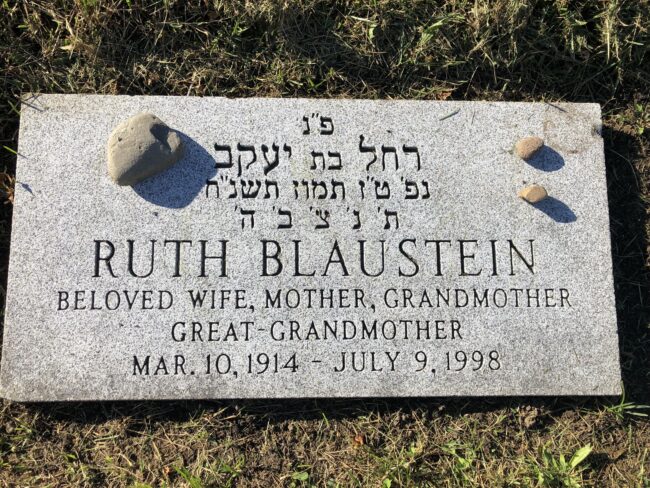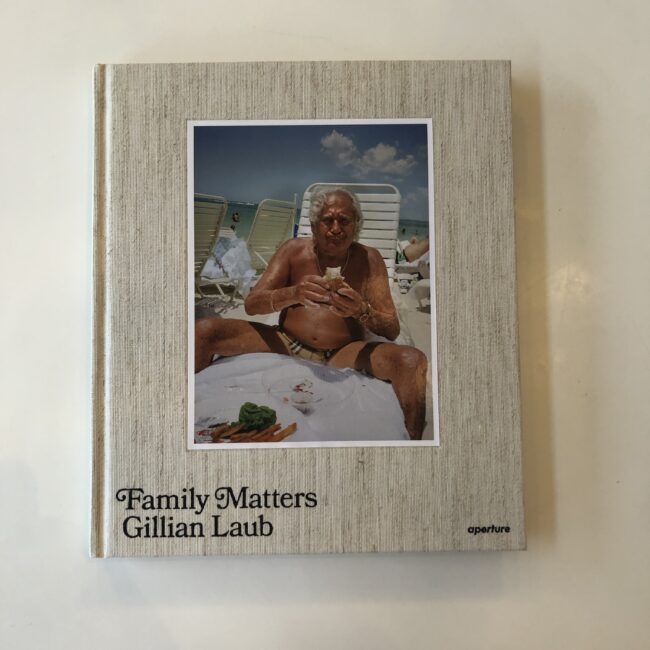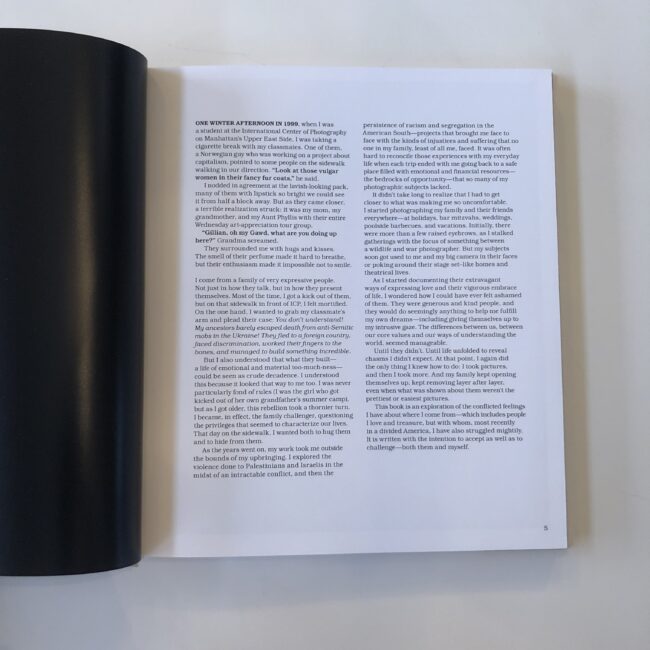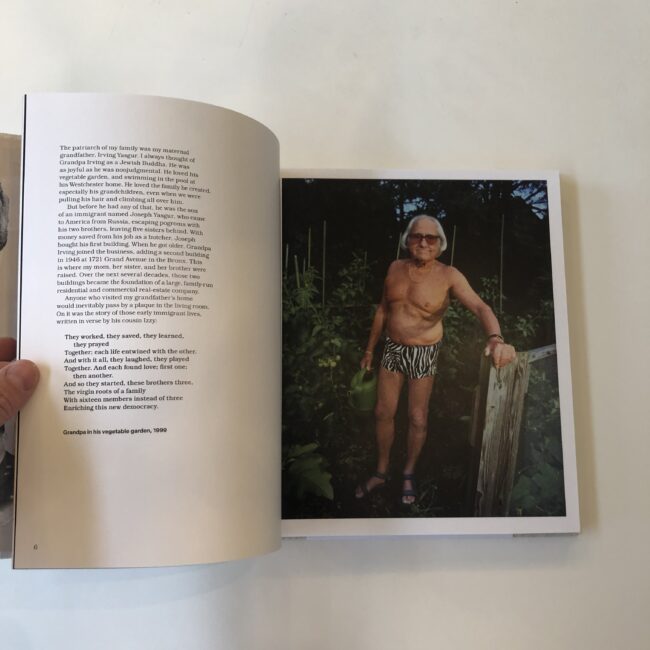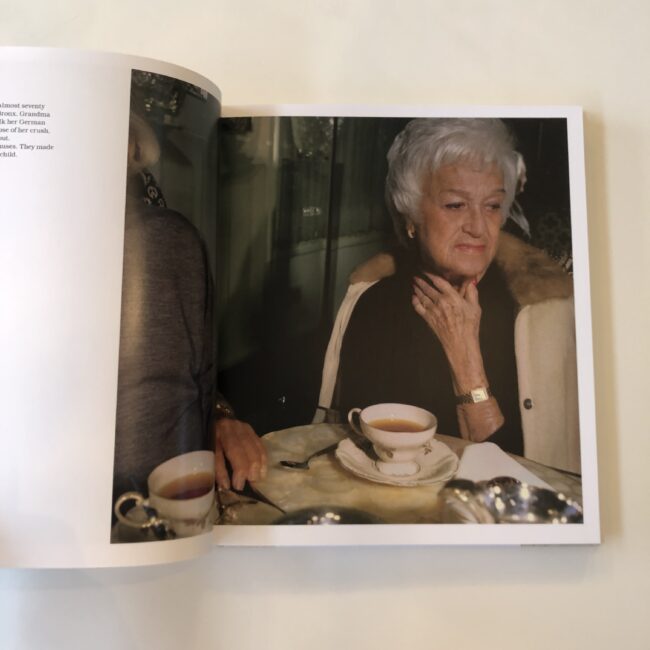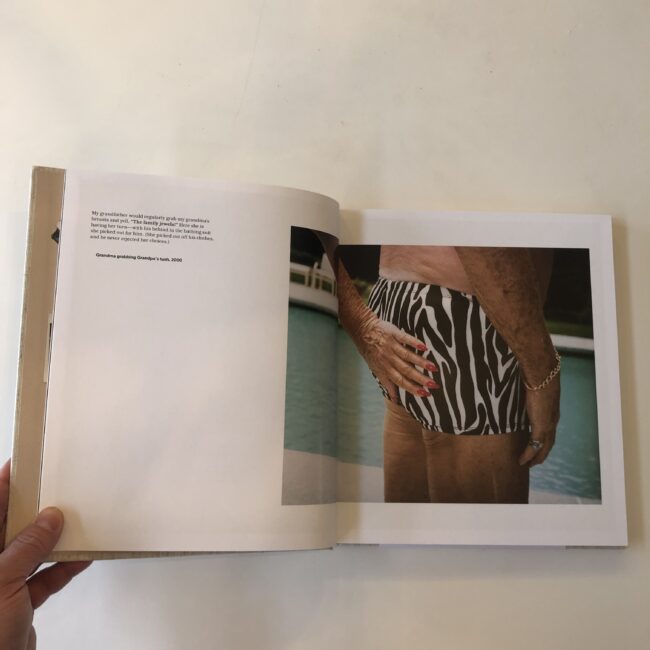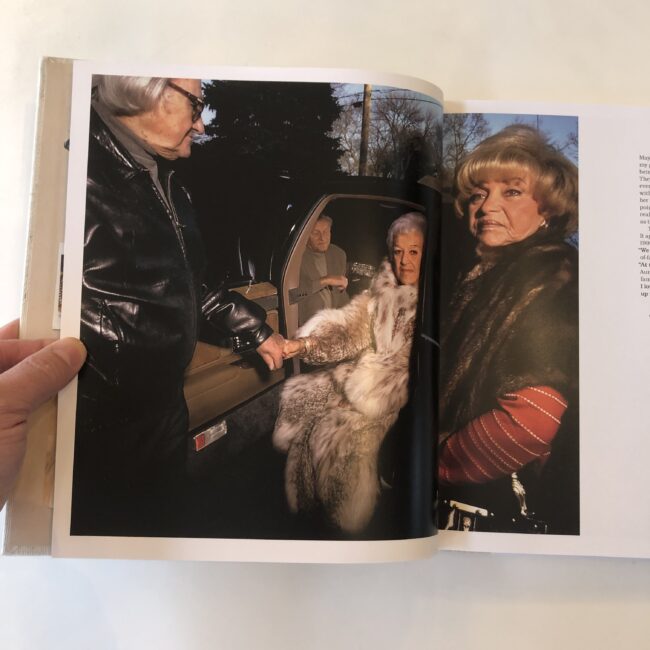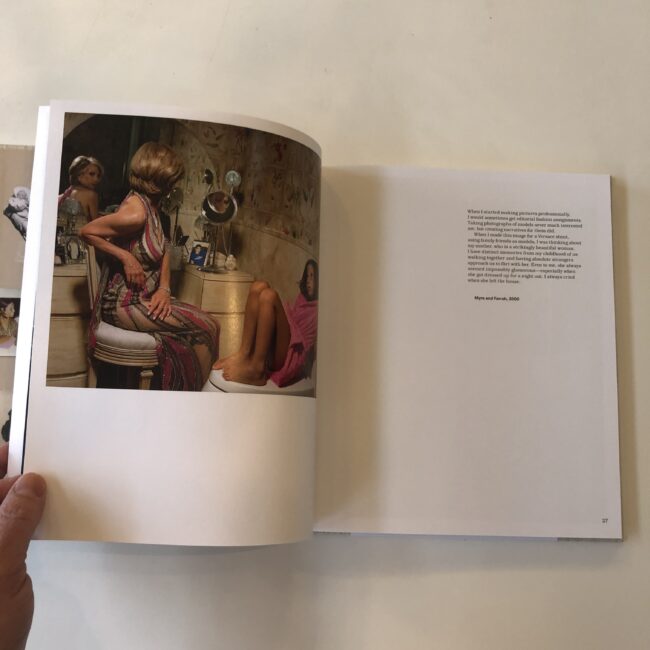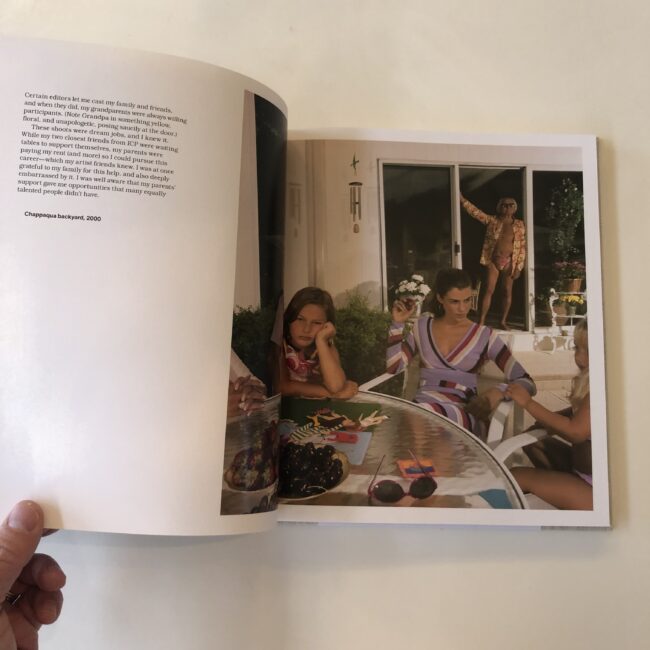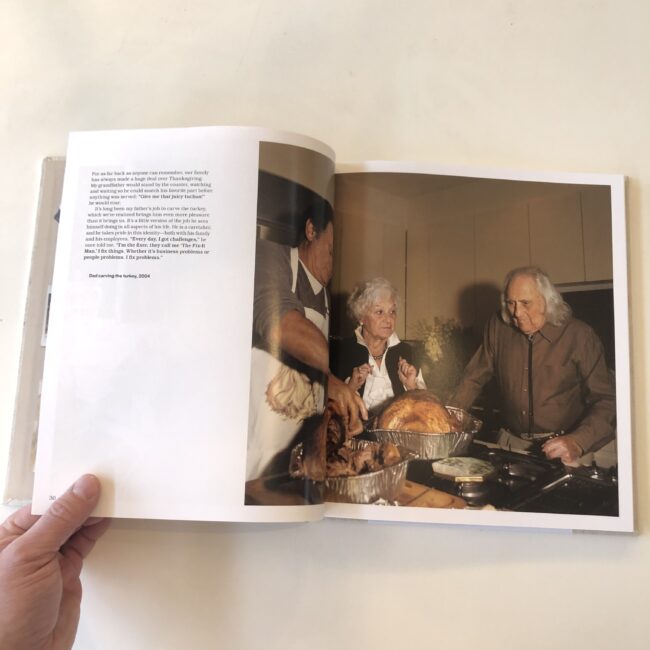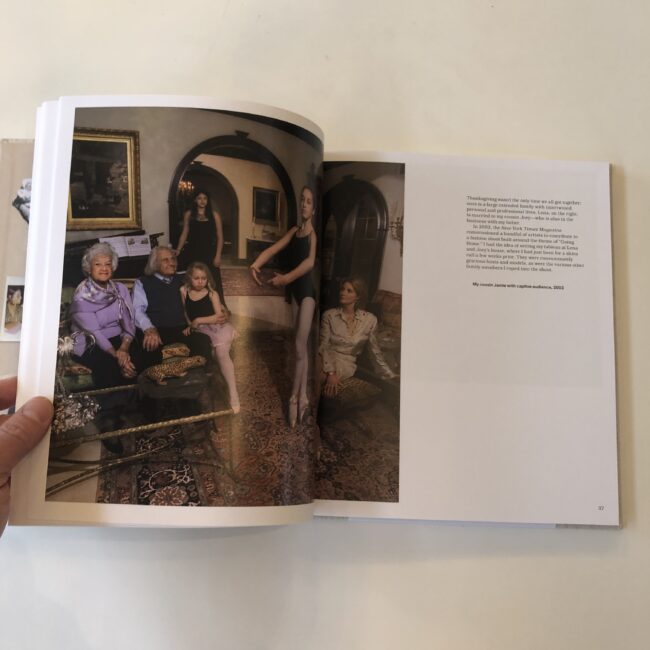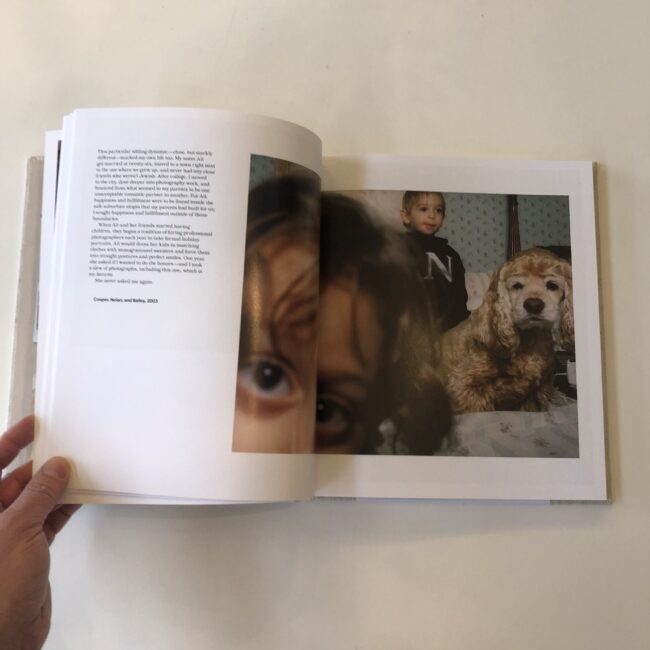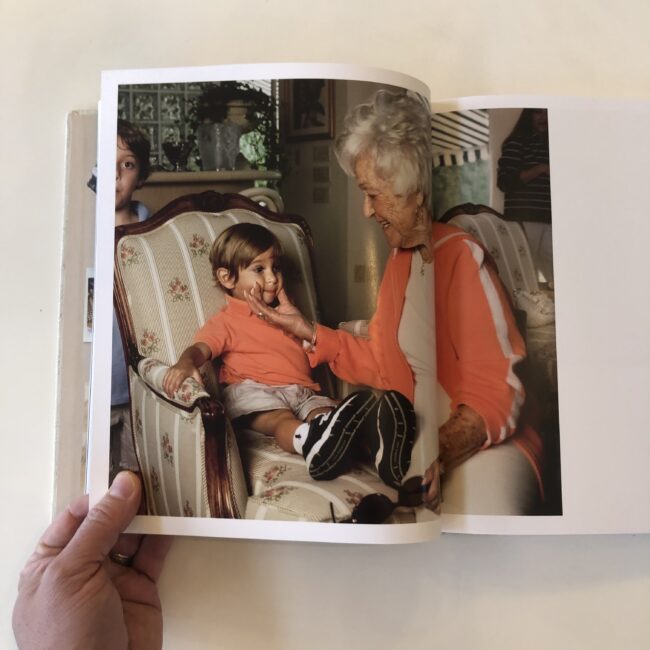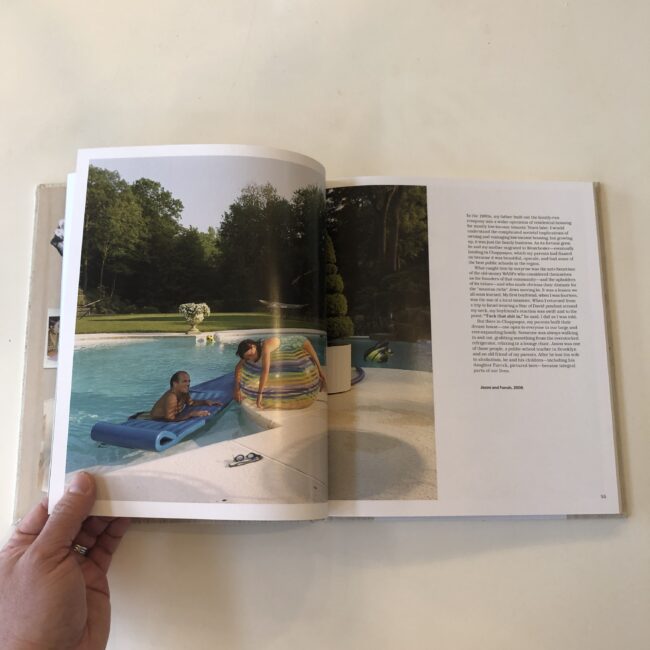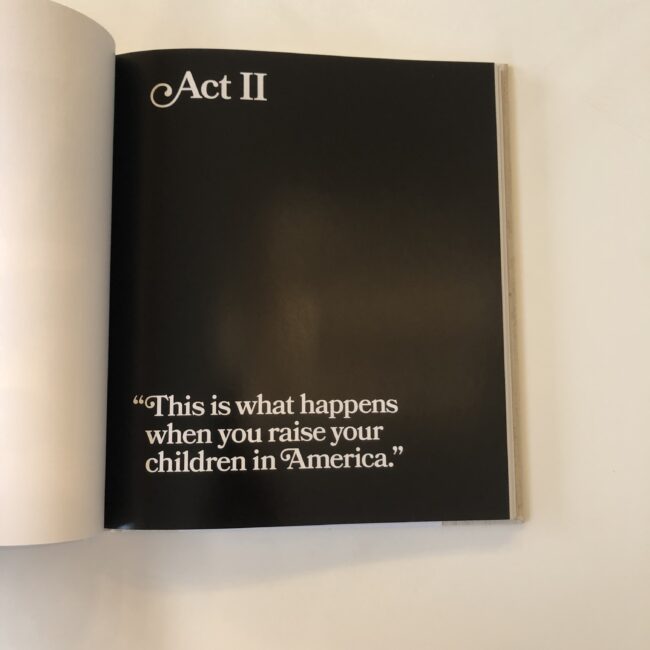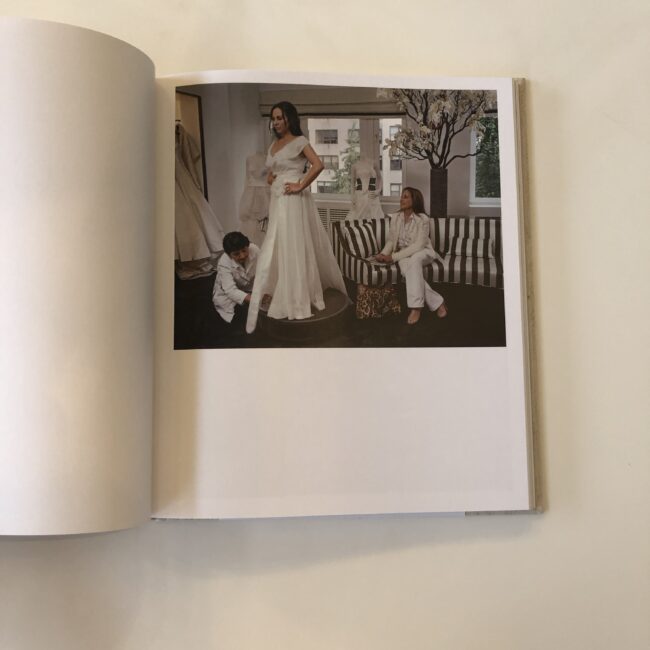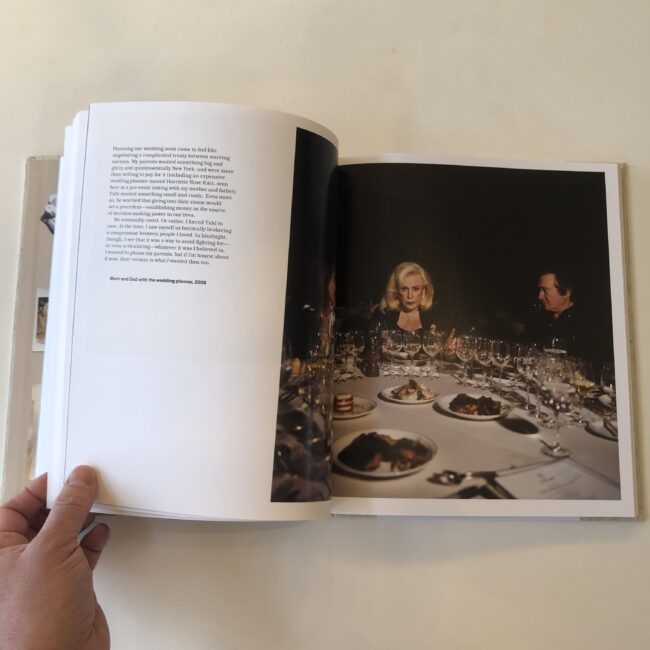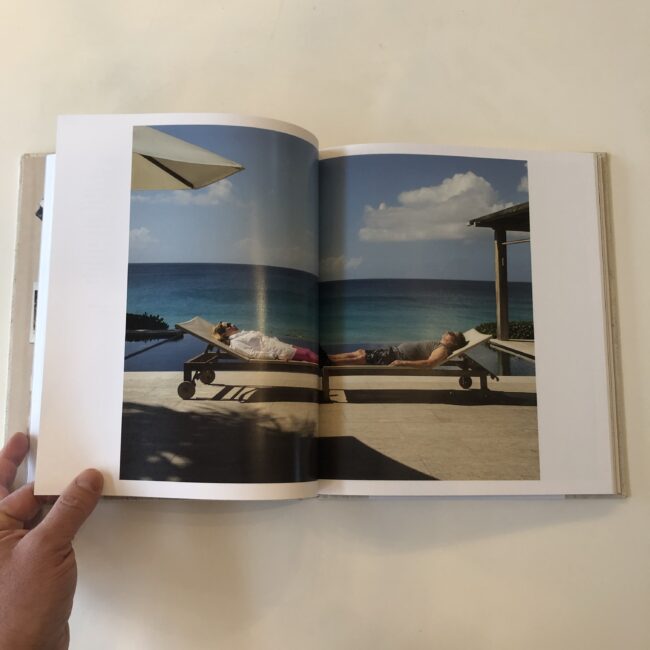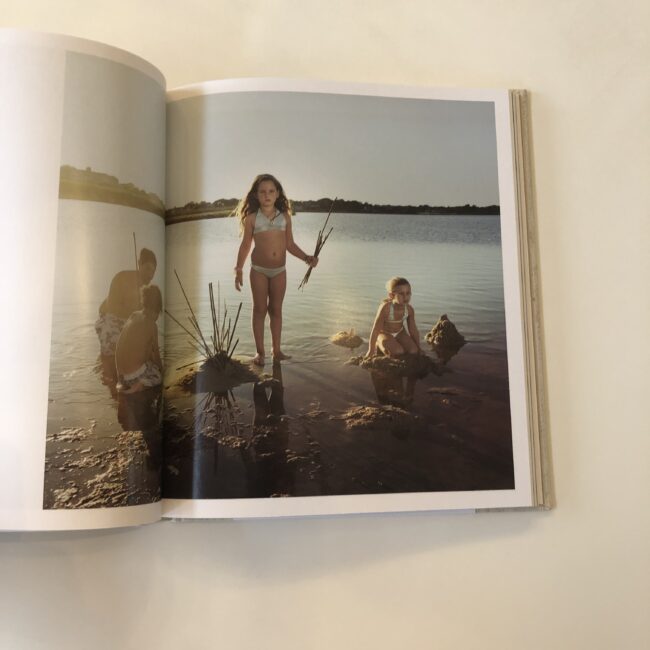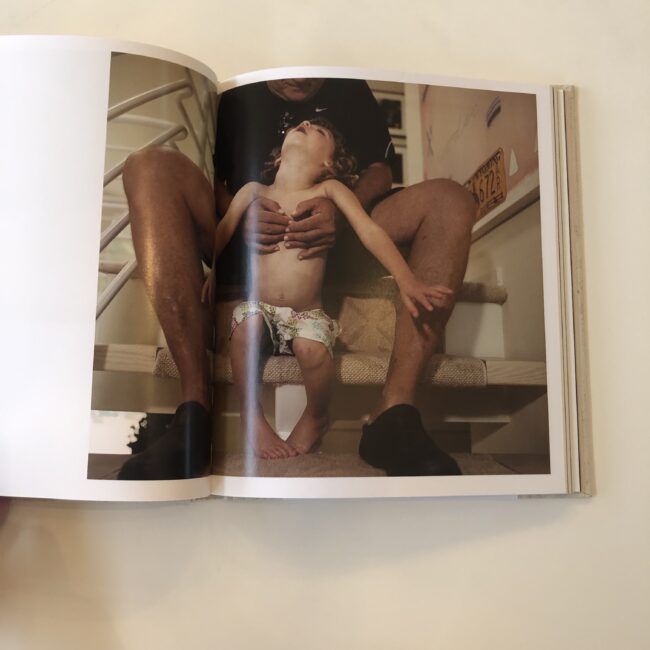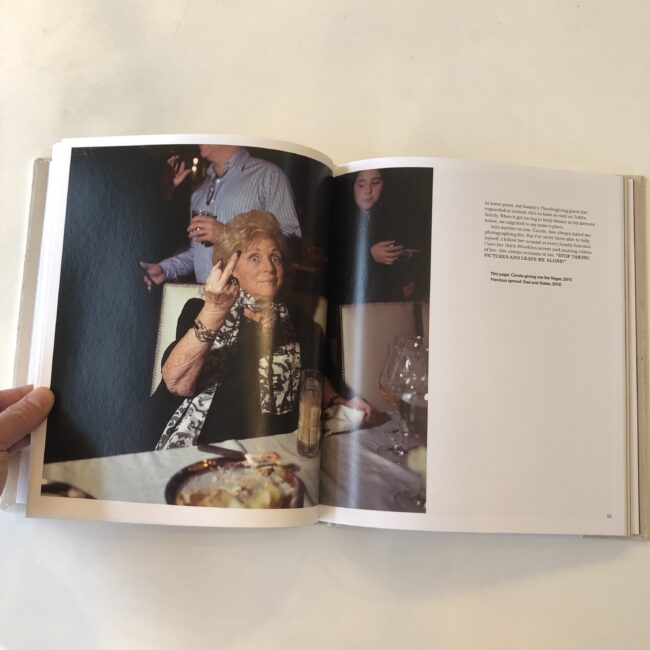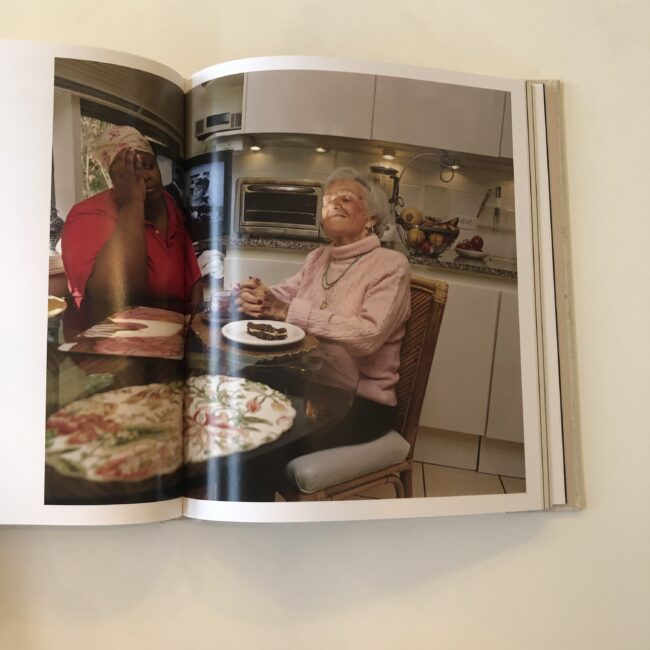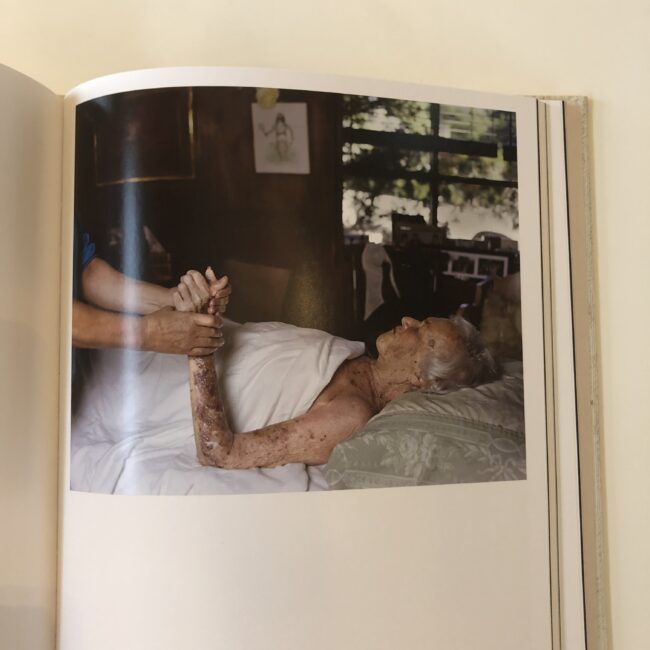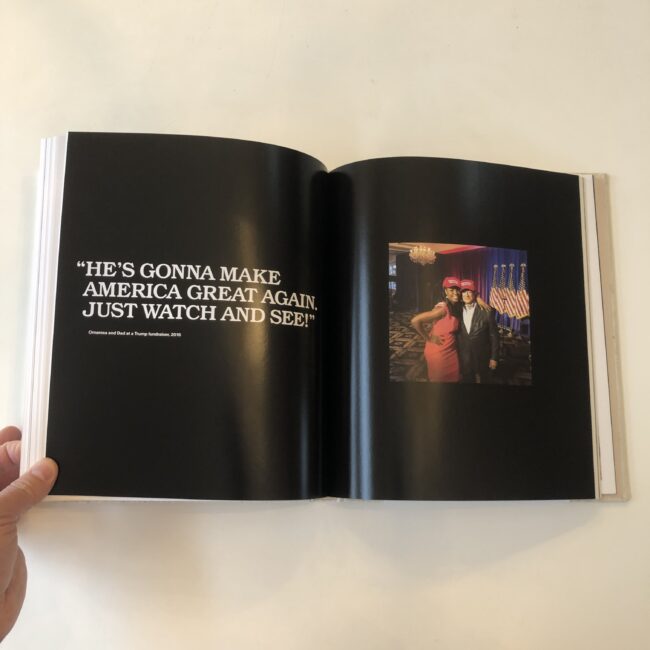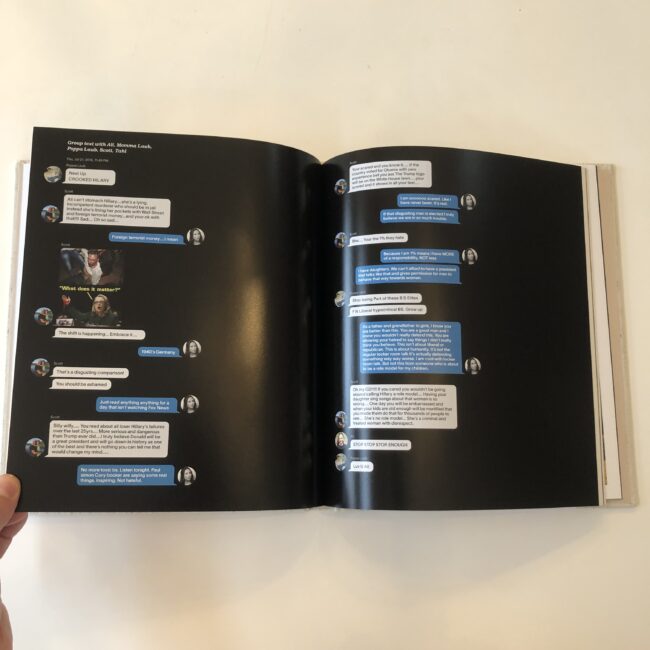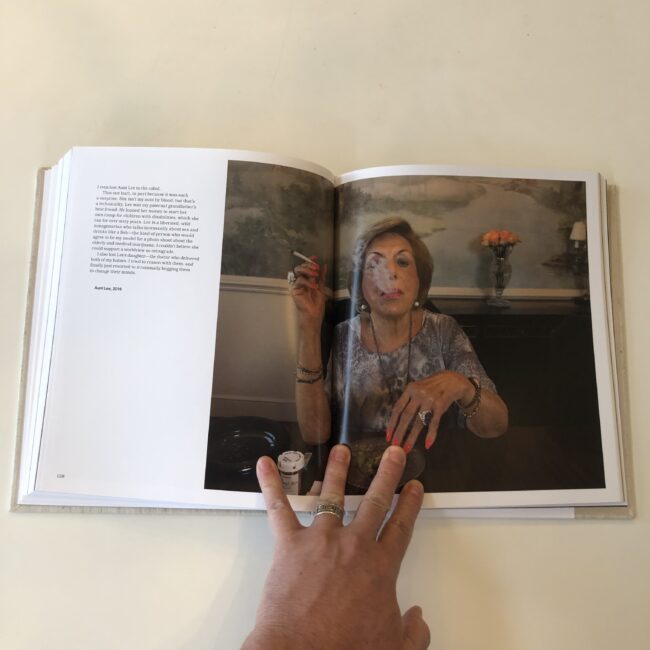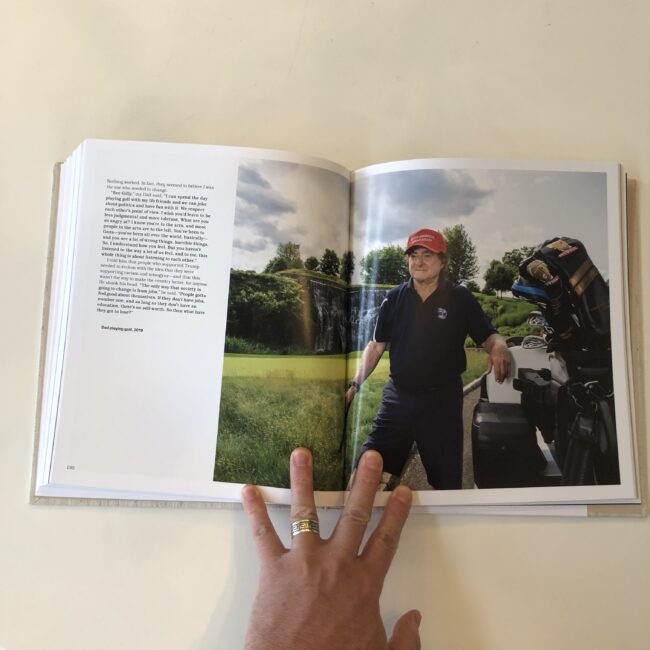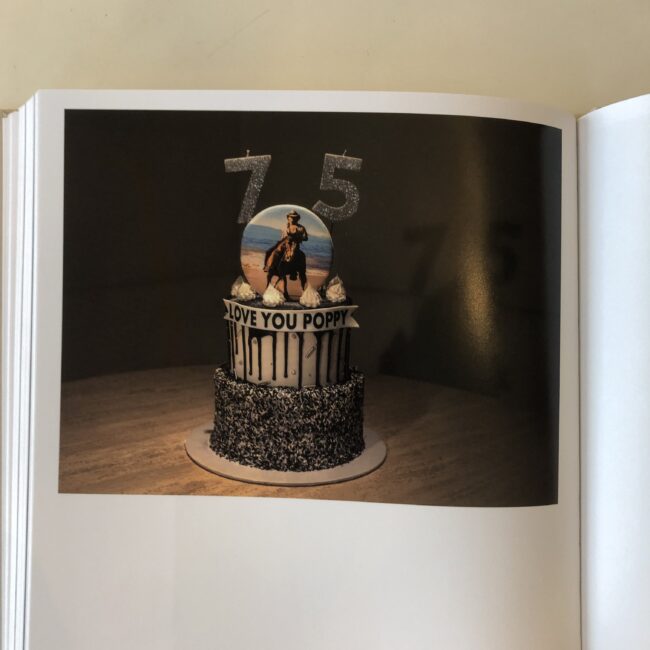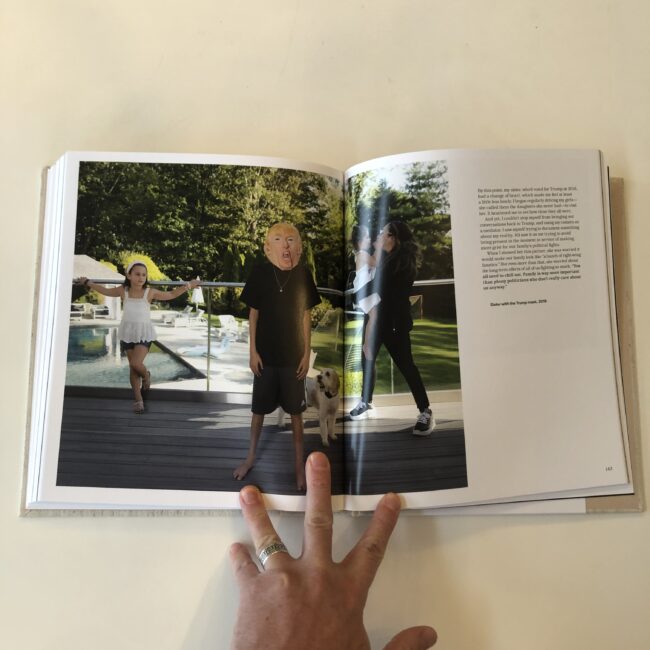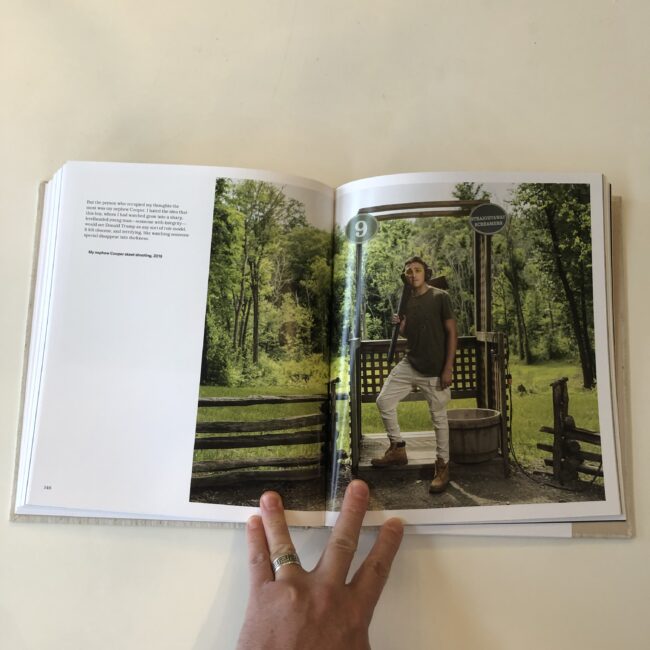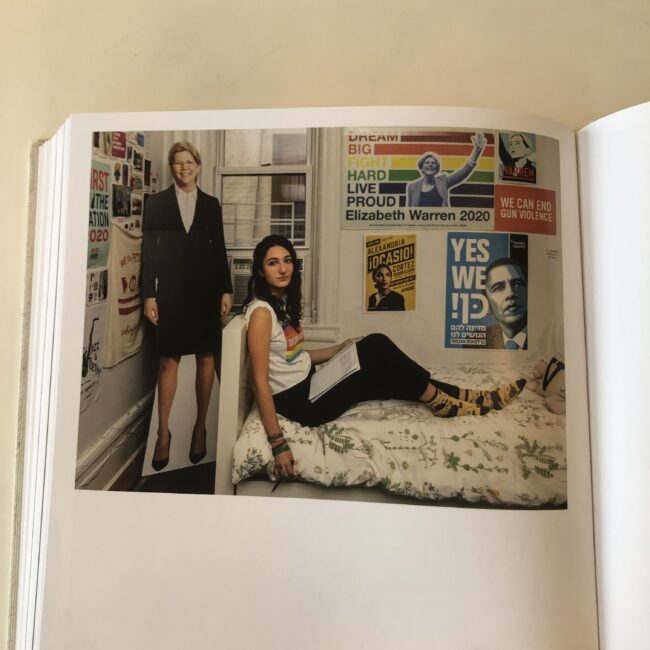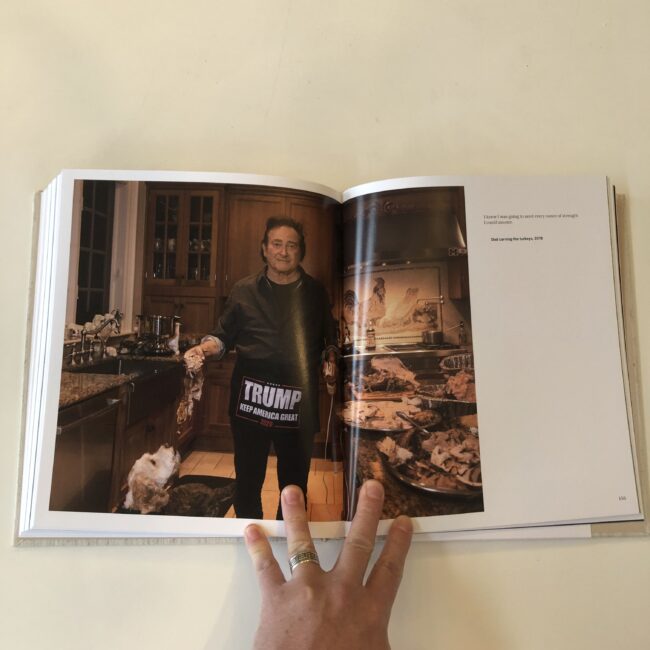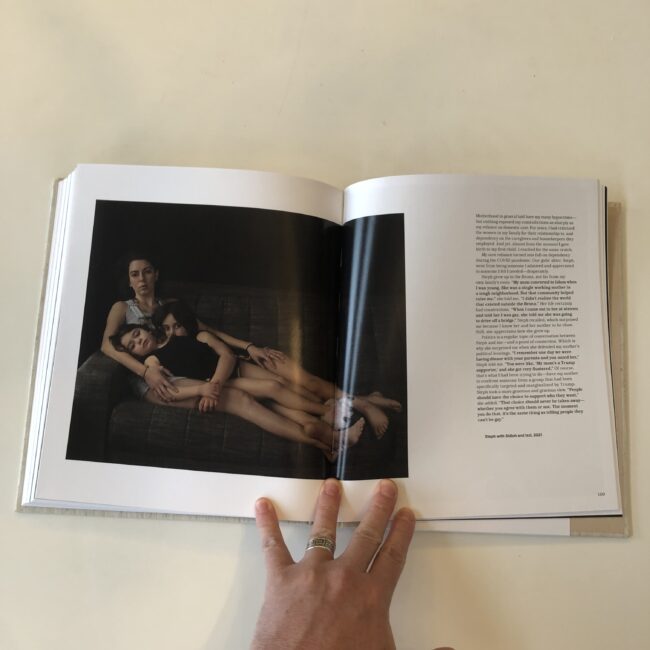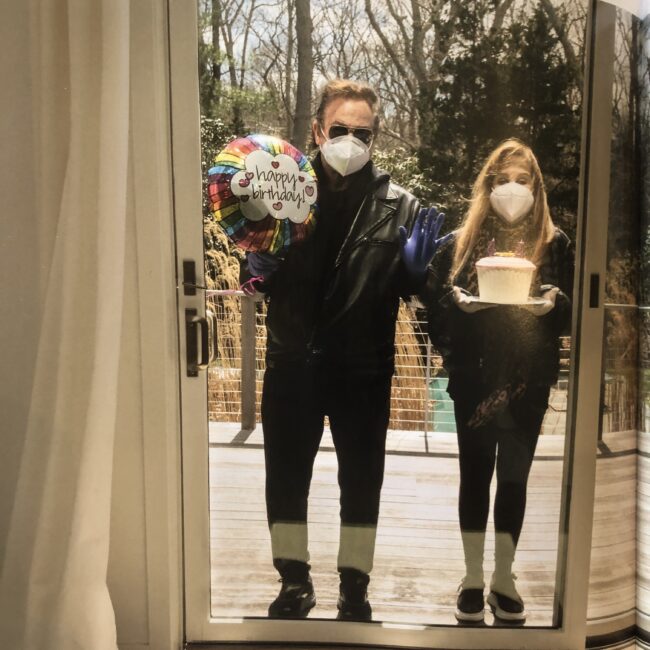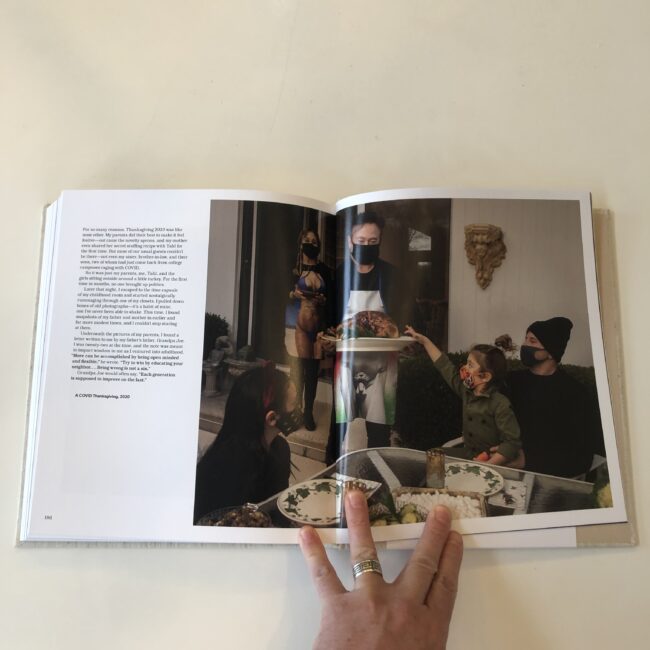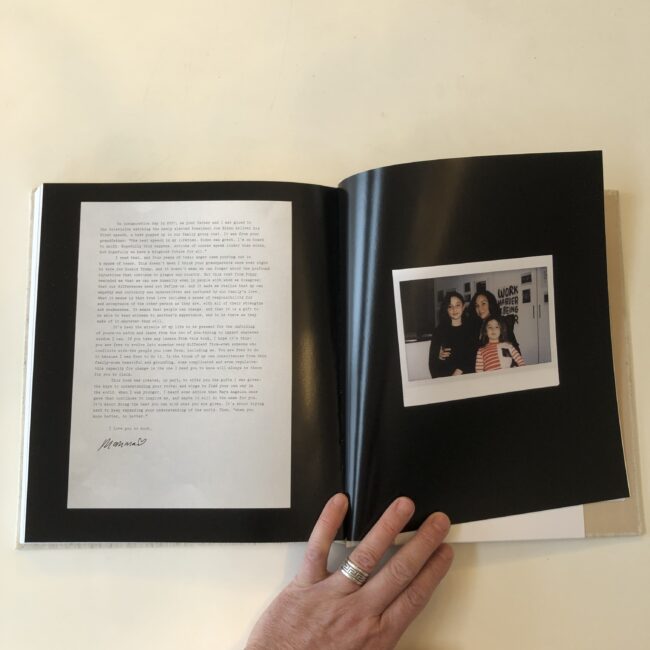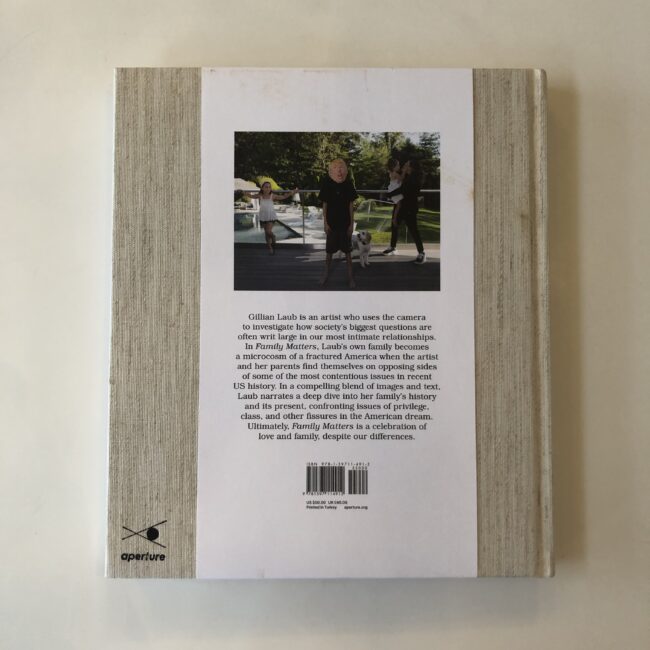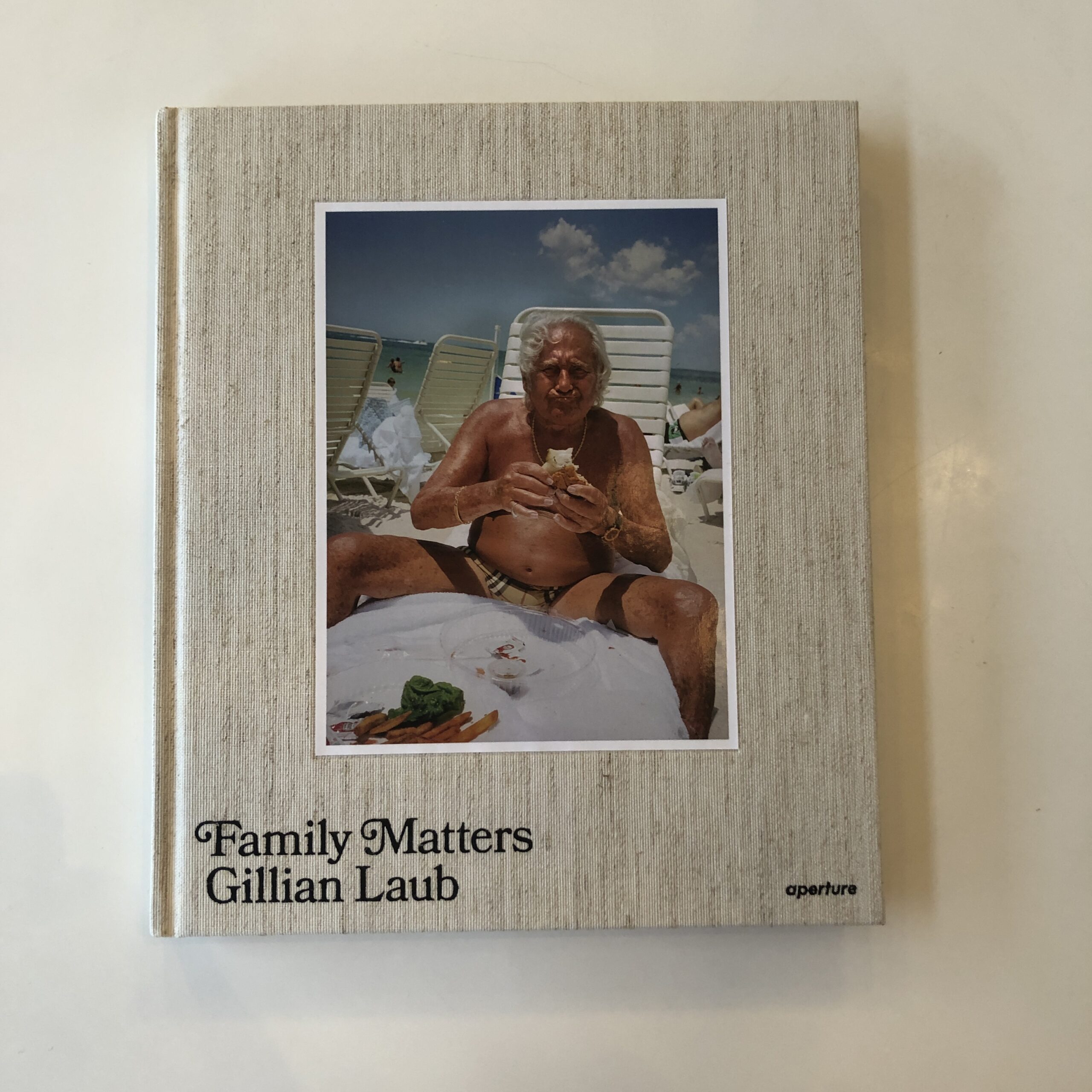
Here we are.
The end of the year.
And 2021 has been one to remember.
(That’s a fucking understatement!)

Despite the cynicism I’ve developed the last few years, like a well-earned callus, I’m still hoping for the best.
Hoping we sort out the growing climate catastrophe.
Hoping we heal the political wounds tearing our nation asunder.
Hoping I’ll stay healthy enough to be there for my wife and children as they grow.
(It’s a lot to hope for, I know.)
To be honest, I’m totally cooked.
(Who doesn’t feel like burger meat in the week between Xmas and New Year’s?)
Plus, we’re leaving for a family vacation tomorrow; the first in several years.
And I still need to pack.
Beyond that, the book I just spent an hour reading, and perusing, hits close to home in ways I’d rather not excavate today.
But I promised the book’s author/artist I’d get it reviewed this week, and I’m a man of my word.
So it’s possible I’ll be less honest, or at least less open, about my own experience than I might if I were writing in a couple of months.
When my own wounds are more fully healed.
Compromise, though, is a highly undervalued concept, and I’m all for it.
We’ll review the book, then, to honor my commitment, and for once, I might keep some of my family business to myself.
(There’s a first time for everything, right?)
One of my publishing clients told me, a few months ago, that I should check out Gillian Laub’s new Aperture book, “Family Matters.”
With the East-Coast-Jewish-family-culture it mines, and the naked honesty on display, it was suggested I’d love this book.
And I’d likely want to review it.
(Sounds great, right?)
The problem, though, is that, Aperture, the publisher, has never sent me a book, nor seemed to take this column seriously.
All good, as far as I’m concerned, because we can’t be friends with everyone, but I feared I might have trouble getting a copy of “Family Matters.”
Predictably, the Aperture PR person ignored several requests, including when I responded to a press email that THEY sent ME.
(Stay classy, Aperture!)
Normally, I would have let it go, but a few weeks later, I randomly realized I was “friends” with Gillian Laub on Facebook, as I am with some other industry types I don’t actually know.
(I favorably reviewed some of her work in a gallery show in Santa Monica, back in 2013, so maybe we connected after that?)
I’ve never done this before, DM’ing an artist to see if they might send their book directly, after being stymied by the publisher, but I figured, “What do I have to lose?”
Full disclosure: I was flattered when Ms. Laub wrote back quickly, assured me she’d sort things out, and ask Aperture to send me a book straight away.
She made it happen, in a flash, so when she asked me to review the book while her solo show at the ICP Museum in NYC was still on display, I was happy to honor the request.
The exhibition is up through January 10th, and as I’ll be taking my customary Winter week off next Friday, today had to be the day.
(Brain fry be damned!)
It is a terrific book, for sure, and one I’m not likely to criticize.
I admit, at first, when I realized I’d have to read text with each picture, I almost backed out.
I thought about being a punk, for once, and not “doing the right thing,” but I came to my senses.
In fairness, the writing is engaging, and well-edited, so it wasn’t a struggle to make it through the book.
I was riveted, and made to feel uncomfortable by the similarities to my upbringing and family, and also the drastic differences.
That said, I don’t think you have to be a Jewish Gen-X’er to appreciate this one.
It offers what we ask of an excellent photo-book: vulnerability, empathy, wisdom, and character development.
“Family Matters” is written in the first person, and follows more than two decades of growth and change in Gillian Laub’s extended family, up to the present.
From the jump, we learn the family of Ashkenazi Jewish immigrants, (who arrived from Europe when my family did, at the turn of the 20th Century,) became extremely wealthy as real estate developers.
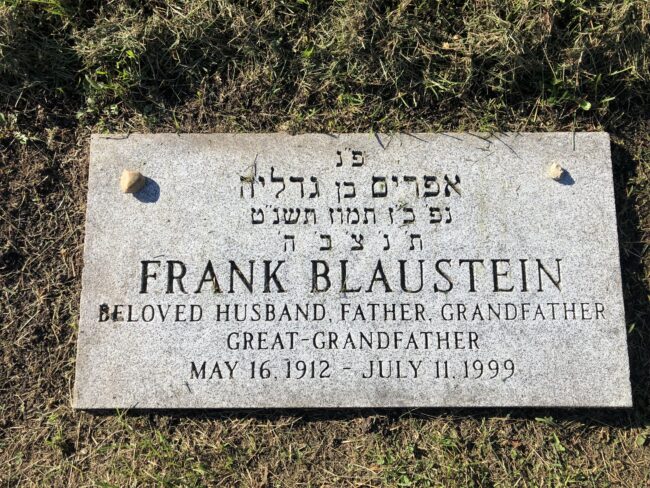
Now that I think about it, there’s solid foreshadowing for where we end up later, but I’ll build to that.
Gillian shares an anecdote of being an ICP student in 1999, chatting with colleagues outside the (then) Upper East Side institution, when some garish older ladies walk by, in full-fur coats, as her companion makes a joke at their expense.
Only for Gillian to realize it’s her family, out on the town, going to see art.
That vein of self-awareness, and airing the dirty laundry, stays with us throughout the book.
And I love it.
Pure coincidence, but I’ve been re-watching “The Sopranos” this week, having only seen it, bit by bit, when it was released in 1999.
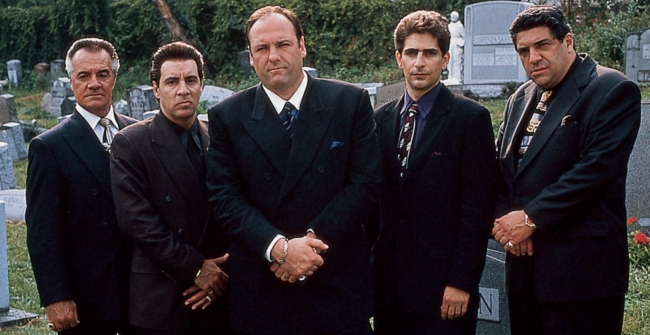
I probably binged it on HBO a few episodes at time, whenever I’d come back to Taos to visit my parents, (and my wife’s parents,) as I was never able to afford HBO myself.
I grew up in a town filled with New Jersey, suburban mafiosi families, and have therefore always related to the show.
(Plus, Italian food feeds my soul, rather than Jewish deli. Honestly, I’d take pizza and chicken parm over pastrami and smoked fish every single time.)
This book reminds me of the seminal, David Chase saga, as the sense of legacy, privilege, and family values pervades the narrative.
Just as Tony Soprano’s life was determined by having a thug dad, and his kids never had the chance to be “normal,” Gillian Laub is pretty clear that her personal privilege dominates much of her life, despite her artistic tendencies and liberal politics.
(Though the New Yorkers in the book might blanch at the comparison to Jersey.)
That immigrant, nouveau-riche, American-dream narrative is cultivated throughout, as Gillian Laub’s clan “made it,” moving to the ritzy, Westchester town that seduced the social-climbing Clintons.
Chappaqua.
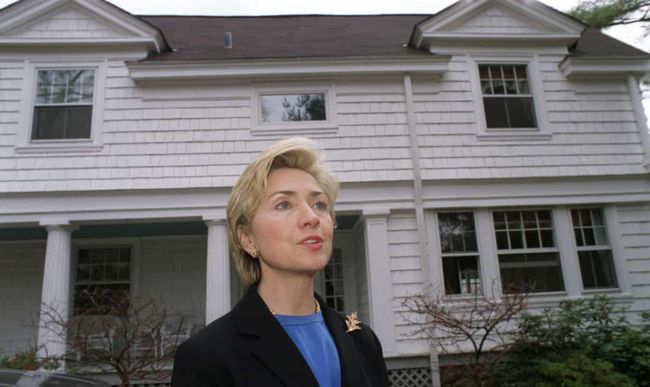
Beyond money, though, we continually read of close relationships.
Gillian feels truly loved by her parents.
She is seen, emotionally supported, and understood for who she is, from what I gather.
However, it’s just that sense of deep, rich love that leads to the conflict in “Family Matters.”
The big reveal, (spoiler alert,) is that Gillian’s parents, and some of her extended family, come out as serious Trumpers in 2016, and it nearly breaks their bonds forever.
That they are so connected makes the political betrayal deeper on both sides, as neither can relate to the other anymore.
Enmity replaces joy.
Anger trumps positivity.
All seems lost.
Still, proper rupture never happens, and I applaud the artist’s introspection, admitting while she maintained her progressive political leanings, she still accepted her parents’ money to pay for private school for her children.
(As one who’s spent 10 years sharing my personal life with you, my readers, I found the honesty refreshing.)
Of course, I should have mentioned the pictures by now, and they’re great.
Lots of humor, (sometimes at the subjects’ expense,) but also respect, solid compositions, and razor-sharp exposures.
When I saw the photo of the wedding planner, Harriette Rose Katz, I was teleported to that gallery in Santa Monica, 2013, back when Bergamot Station was still going strong, and I was reminded why I liked this work so much the first time I saw it.
In the end, Gillian’s family reconciles, after Joe Biden is inaugurated, but as I said before, it’s not like they ever formally broke.
They still showed up for the family functions.
Celebrated the birthdays.
Offered up the backyard for a Mary J Blige photo shoot.
(OK, probably none of us can relate to that last one, but I did wait on her and her then-husband, at Bobby Flay’s restaurant in 2003, and the way MJB’s man made us stay open late, and ordered off the menu, I knew he was a prick. If she had only asked me, I could have saved her a lot of heart-ache.)
This book is one for the collection, and if you live in the Tri-State area, I’d suggest you go see the show at ICP, Downtown, before it closes.
Their museum and school have moved many times, since Gillian was a student on the Upper East Side. (I saw my first-ever photo show there, and then engaged in naughty behavior with my wife in a new, mid-town location several years later.)
Like the photo world in general, ICP changes with the times.
But they stick around, because photography is as relevant now as it’s ever been.
To wrap this up, (so I can go back to packing for my trip,) thank you all for reading, and supporting this column in 2021.
May you and your loved ones have a safe, healthy, and invigorating 2022.
See you in two weeks!
To purchase “Family Matters” click here
If you’d like to submit a book for potential review, please email me at jonathanblaustein@gmail.com. We are particularly interested in books by artists of color, and female photographers, so we may maintain a balanced program. And please be advised, we currently have a significant backlog of books for review.
